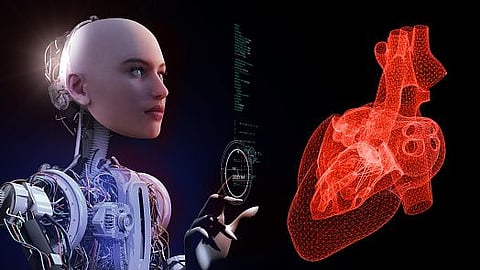References:
1. Topol, E. (2019). Deep Medicine: How Artificial Intelligence Can Make Healthcare Human Again.
2. Liu, X., Faes, L., Kale, A. U., et al. (2019). "A comparison of deep learning performance against health-care professionals in detecting diseases from medical imaging: a systematic review and meta-analysis." The Lancet Digital Health, 1(6), e271-e297.
3. Bullock, J., Luccioni, A., Pham, K. H., et al. (2020). "Mapping the landscape of artificial intelligence applications against COVID-19." Journal of Artificial Intelligence Research, 69, 807–845.
4. Aidoc. “Aidoc.” Accessed June 13, 2025. https://www.aidoc.com/.
5. Charles Darwin University, United International University, and Australian Catholic University. “Researchers Train AI to Diagnose Lung Diseases.” Charles Darwin University News, January 24, 2025. https://www.cdu.edu.au/news/researchers-train-ai-diagnose-lung-diseases.
(Input from various sources)
(Rehash/Sakshi Thakar/MSM)


